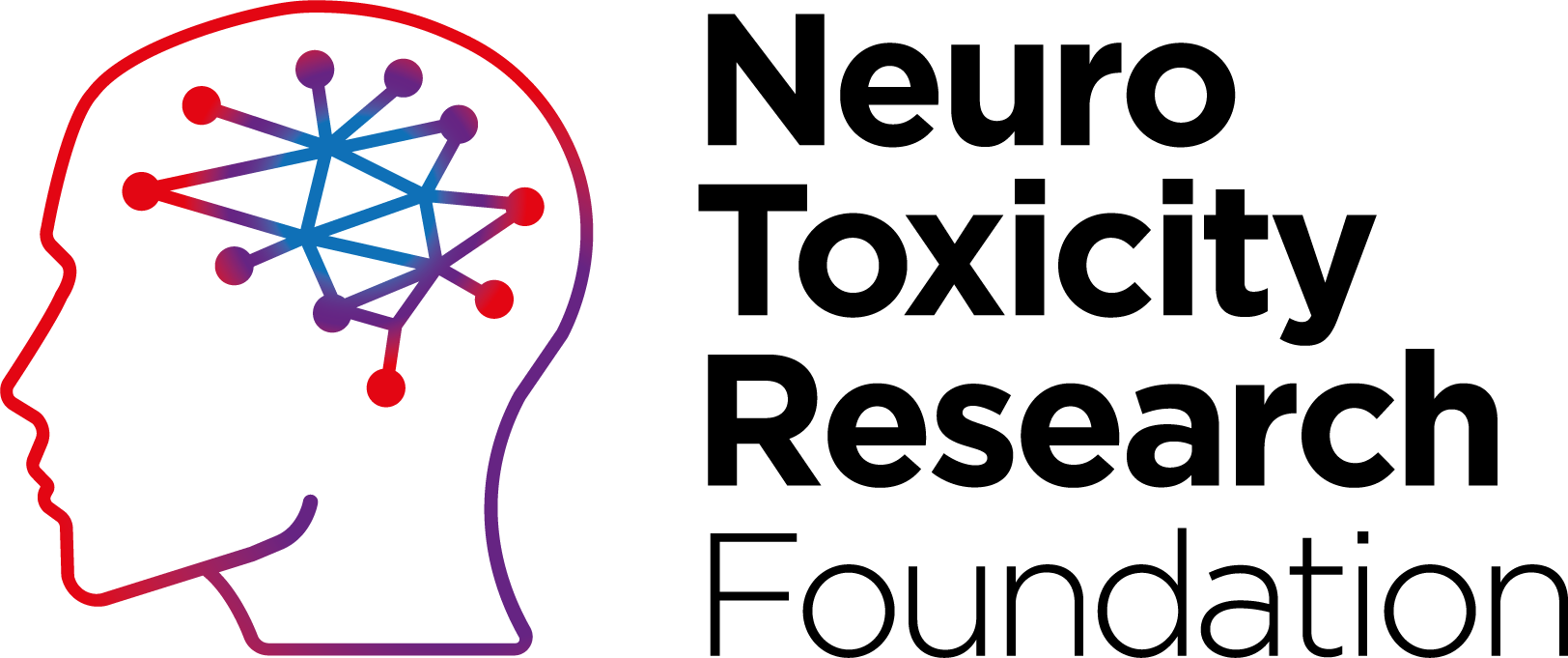
Toxic substances in the environment. More and more people are feeling unwell more frequently. Exposure to concentrations of particulate matter, such as methane gas, nitrogen, carbon dioxide, exhaust fumes and soot particles from industry, traffic and shipping, cause sluggishness and sometimes even life-threatening illness. Pesticides prevalent in the agricultural sector and fumes from the construction and paint industries can also have a negative effect on health. To date, however, the potential effects of inhaling high levels of oil vapours (organophosphates) from aircraft engines have been underestimated. This has particularly unpleasant consequences for both pilots, flight attendants, technicians, maintenance and ground baggage staff and airline passengers who take intercontinental flights at least six times a year. Ronald van der Kuil, a specialist at the Functional Neurology Institute in Lisse, regularly diagnoses patients with possible Aerotoxic Syndrome in his practice. Although medical science is divided about the as yet unrecognised occupational disease, it is believed that high concentrations of oil fumes are the culprit of the intrusive phenomenon, often resulting in long-term occupational disability as well as a completely disrupted family life.
This is why the Neuro-Toxicity Research Foundation is conducting recognised scientific research, firstly, to examine the relationship between toxic substances and the functioning of the brain and, secondly, to show whether the presented symptoms are actually associated with Aerotoxic Syndrome.
Anyone who works in the aviation industry and experiences neurological complaints or has already been diagnosed with neurological deficits (incapacity for work) and is interested in participating in this ground-breaking research (required availability twice a year for 2 to 3 hours for the duration of the study) can apply via below form or by e-mail: neuro-toxicity@fninstitute.com. Once we have received and processed your application, you will receive a confirmation and further progress of the research will be explained.
Your cooperation is greatly appreciated. It is not only about the diagnostic and therapeutic value of this research, but first and foremost to protect yourself and future colleagues from this as yet unrecognized dormant occupational disease.
Yes, I would like more information / sign up
